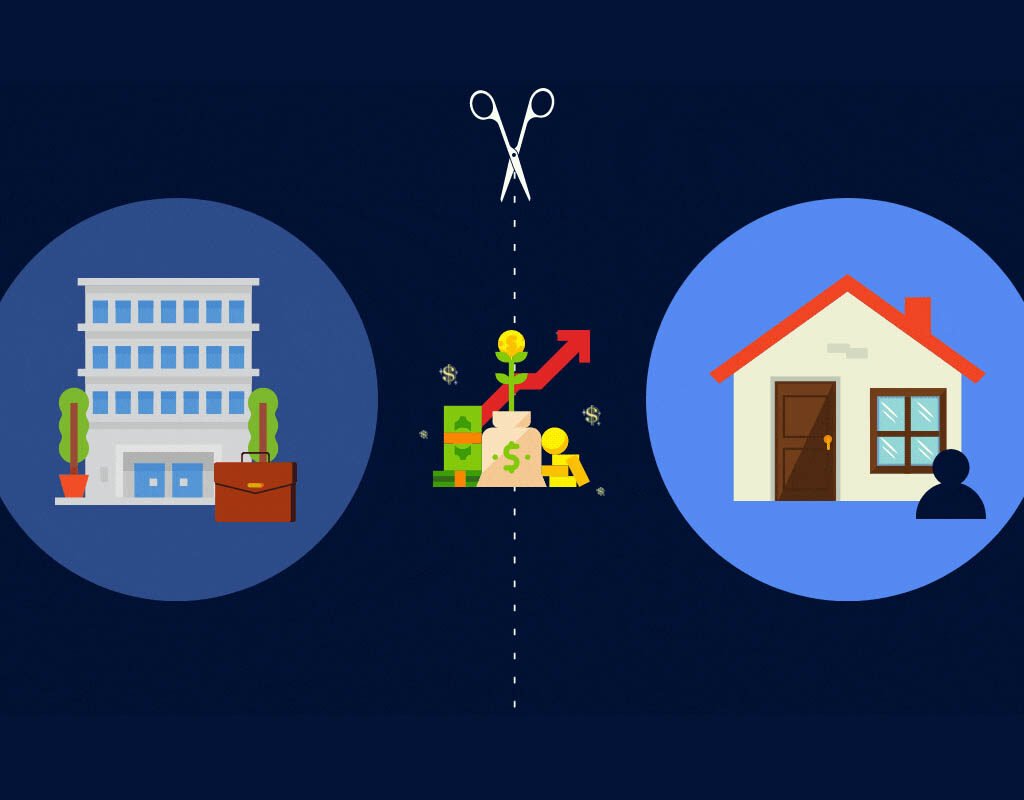As a small business owner, you’re certainly thinking about how to create Financial Stability And Entrepreneurship in your company all of the time. For some, financial stability is having a thorough understanding of their company’s finances. Others define it as establishing a consistent cash flow that allows them to make payroll on schedule. Whatever definition you use, it’s something that every entrepreneur aspires to.
The financial side of things has an influence on Financial Stability And Entrepreneurship. Everything from your company’s marketing strategy to its customer service philosophy is taken into account.
Here are tips on how to balance Financial Stability and Entrepreneurship;
1. Create a Comprehensive Business Plan
Establishing a detailed strategy that can assist estimate and tracking your enterprise income and expenditures is an excellent approach to taking care of your business’s finances. Create a Comprehensive Business Plan to Balance Financial Stability And Entrepreneurship

Everything from the venture’s start-up expenditures to predicted earnings in the first year should be included in the business plan. It should also contain financial management techniques.
2. Separate your personal and business finances
Keep your personal and corporate funds separate in terms of credit cards and bank accounts as another strategy to ensure financial security. This will make it much easier for you to manage your business and personal budgets. Not only that, but it will also assist you with your tax returns, as you will be able to readily monitor your expenses.Separate your personal and business finances to Balance Financial Stability And Entrepreneurship
Separating your personal and company finances is an excellent method to see how much of your money you need to spend on your personal life and how much you need to put back into your business. You may accomplish this by setting up separate bank accounts and credit cards for each.
This not only makes it easier to manage your spending in preparation for tax returns, but it also makes it simple to figure out how much money you have to spend. Furthermore, entrepreneurs who keep their business and personal funds separate find it simpler to get business credit than those who blend the two.

It’s critical to have a clear line between personal and corporate cash. It ensures that you may save money for yourself rather than investing it in the firm. When a firm goes through a rough patch, many entrepreneurs fail to keep their personal funds separate, and their Financial Stability And Entrepreneurship suffer as a result. When your company fails, it is your personal finances that save you from legal problems or corporate debts.
You must not mix your personality with your business, as the definition of a business states that it is a separate legal entity. Separating yourself from your business is the only way to avoid putting your personal assets and cash in danger to pay off the company’s obligations.
3. Personal Financial Goals Must Be Set
When you know what your own financial objectives are, there’s a good chance you’ll run your firm professionally. Because your personal and corporate funds are different, your objectives must be as well. Your personal financial objectives must indicate exactly how you want your bank account to appear after a certain amount of time has passed. Personal Financial Goals Must Be Set to Balance Financial Stability And Entrepreneurship
Your personal financial goals may include short- and long-term objectives such as emergency savings, child education funding, asset acquisition, and retirement preparation. If you have a clear approach to managing your personal money, you can devote your entire concentration to making effective use of funds in your business.

While financial stability may be your ultimate aim, it can be tough to apply that relatively nebulous idea to your everyday money management. Having defined objectives will help you stay motivated and make it simpler to create a budget that will allow you to strive toward financial security in the long run. The objectives you set for yourself might be enormous or little. For example, you may begin by setting aside $500 for an emergency fund, or you could set a greater goal, such as saving enough to pay cash for your next automobile.
4. Cut Down On Expenditure
Prior to starting your business, you should be sure to reduce your expenses. Consider moving your energy costs to a less expensive provider, for example. Cutting down on any superfluous spending, such as hobbies, is another possibility. This will guarantee that you have extra cash on hand in the event that something goes wrong with your company. Cut Down On Expenditure to Balance Financial Stability And Entrepreneurship

5. Keep a record of your expenses
By keeping track of your everyday spending, you may easily attain financial stability for your company. This can help you figure out how much money you’re spending and how to keep track of it. If you are spending more than you are taking in, you must instantly alter your company strategy. Furthermore, if you run out of funds during the launch period, you will need to take out a loan.Keep a record of your expenses to Balance Financial Stability And Entrepreneurship

6. Create an Automatic Saving Strategy
One of the pillars of financial security is having a healthy savings account, but it can be tough to save consistently, especially if you need to use the majority of your salary to pay bills and meet living expenses. However, if you can save automatically, you may have a better chance of succeeding. Create an Automatic Saving Strategy to Balance Financial Stability And Entrepreneurship.

This can be accomplished in a variety of ways. You might be able to adjust your direct deposit instructions to send a portion of your paycheck to a savings account. Another alternative is to have your bank set up an automated transfer. There are also various programs that automatically save money (even modest amounts) so you don’t have to think about it.









